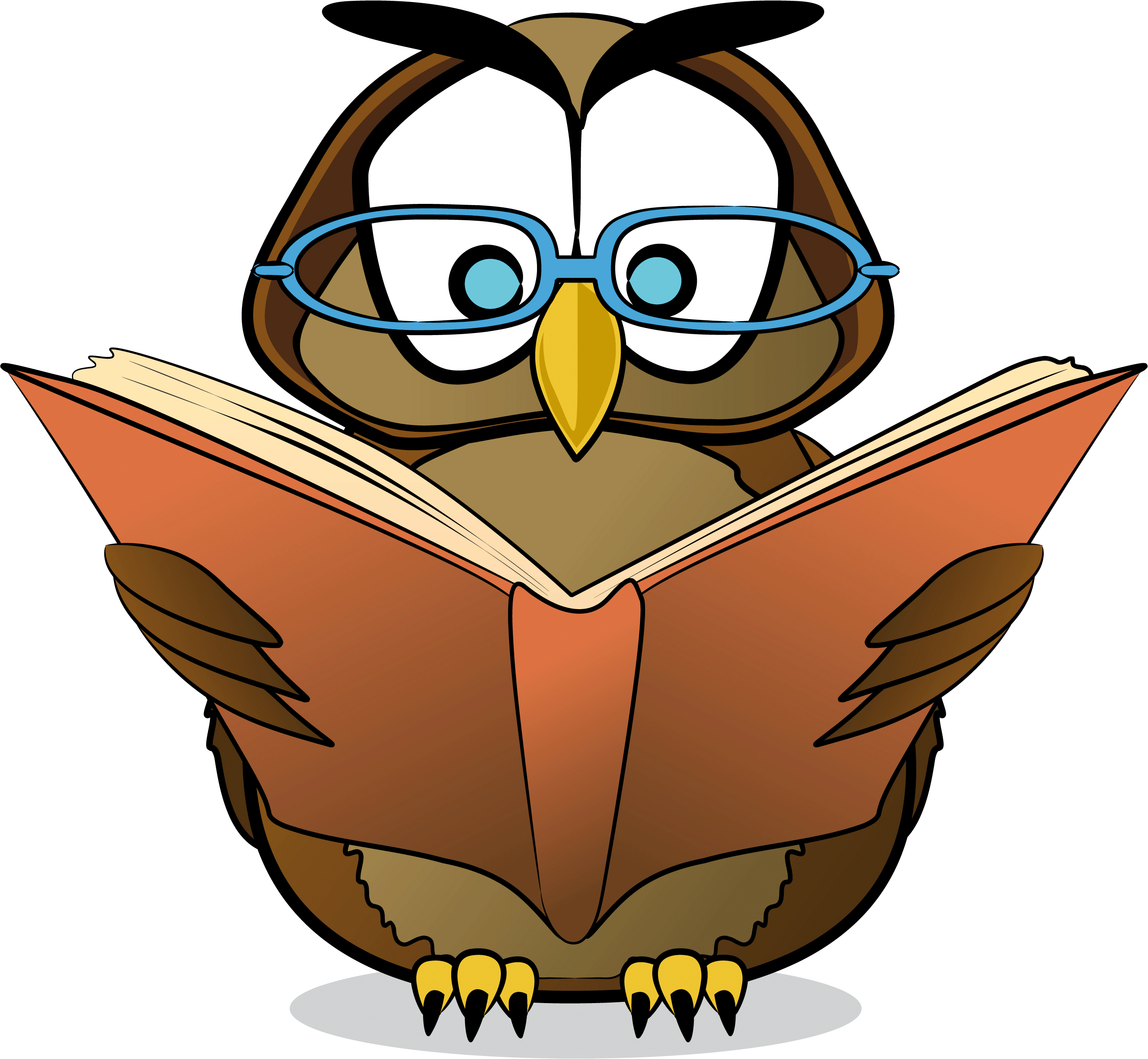Tampilkan postingan dengan label Advance. Tampilkan semua postingan
Tampilkan postingan dengan label Advance. Tampilkan semua postingan
10/08/12
Posted By:
Mister
ACQUIRING KOWLEDGE FOR SECOND LANGUAGE USE
II. DISCUSSION
1. COMPETENCE AND USE
We have known what is the communicative competence that introduced in Chapter 5 is broadly inclusive in scope: “everything that a speaker needs to know in order to communicate appropriately within a particular community.” (Saville-Troike2003).
This construct combines the knowledge of language which defines linguistic competence, knowledge of the specific components and levels of a language, and knowledge that is required for their appropriate use in communicative activities. Accounting for competence in this broader sense also requires considering “encyclopedic” cultural knowledge concerning the content of what is written or talked about, and recognizing the social significance of the context within which language use takes place.
01/10/11
Posted By:
Mister
ACQUIRING KOWLEDGE FOR SECOND LANGUAGE USE
II. DISCUSSION
1. COMPETENCE AND USE
We have known what is the communicative competence that introduced in Chapter 5 is broadly inclusive in scope: “everything that a speaker needs to know in order to communicate appropriately within a particular community.” (Saville-Troike2003).
This construct combines the knowledge of language which defines linguistic competence, knowledge of the specific components and levels of a language, and knowledge that is required for their appropriate use in communicative activities. Accounting for competence in this broader sense also requires considering “encyclopedic” cultural knowledge concerning the content of what is written or talked about, and recognizing the social significance of the context within which language use takes place.
The ability to use language appropriately includes pragmatic competence. This can be defined as what people must know in order to interpret and convey meaning within communicative situations: knowledge that accounts for “the choices they make, the constraints they encounter in using language in social interaction, and the effects their use of language has on other participants in the act of communication” (Crystal 1997a:301)
Posted By:
Mister
Noun in Groups
This paper deals with the process of learning second language, which is English. In this paper will describe or explain about noun in
Posted By:
Mister
GENERAL ORGANIZATION OF NEWSPAPER
Newspaper in the united states can be divided into three categories: weeklies and semi-weeklies, serving small areas with limited circulation; small and medium-sized dailies, which comprise the great bulk of our daily press; and metropolitan newspapers whose circulation areas has populations of 1 million or more.
26/09/11
Posted By:
Mister
Media Technology Objectives
Each year, students will demonstrate their ability to meet at least three of the objectives listed below.
- Students will be able to respond in discussions and in writing to a news report in the electronic or print media.
- Students will be able to cite evidence of personal opinion or propaganda in articles which are presented as factual.
- Students will be able to view and write a critical review of a television show.
Posted By:
Mister
Reading Objectives
Students will engage in daily, meaningful reading tasks in English class and/or at home. The tasks will be based upon the following objectives:
1. Students will be able to use strategies before, during, and after reading to aid in the construction and enhancement of meaning
Posted By:
Mister
Writing Objectives
Students will engage in daily, meaningful formal and/or informal writing tasks in English class and/or at home. The tasks will be based upon the following objectives:
1. Students will be able to engage in informal writing assignments (i.e. reader response, freewriting, focused freewriting, prediction,
Langganan:
Komentar (Atom)











